
Professor Benedikt Berninger
Professor of Developmental Neurobiology
Research interests
- Neuroscience
Biography
I lead my own lab group within the Centre for Developmental Neurobiology and supervise several PhD and MSc students. My lab’s research primarily focuses on how to initiate neurogenesis in the mammalian brain, as typically most adult mammals are incapable of regenerating neurons after embryonic development. We do this by converting support cells into induced neurons, using in vitro and in vivo virus-based models. We also study neural stem cell models, to further inform our research in integrating newly generated neurons within existing networks. We hope that our research will ultimately pave the way for new strategies for regenerating the diseased brain in humans. Our work is supported by the Wellcome Trust.
Please see my Research Staff Profile for more detail.
Find out more about my research:
Key Publications:
- Tiwari et al., 2018. Stage-Specific Transcription Factors Drive Astrogliogenesis by Remodeling Gene Regulatory Landscapes. Cell Stem Cell.
- Karow et al., 2018. Direct pericyte-to-neuron reprogramming via unfolding of a neural stem cell-like program. Nature Neuroscience.
- Heinrich et al., 2015. In vivo reprogramming for tissue repair. Nature Cell Biology.
- Bergami et al., 2015. A critical period for experience-dependent remodeling of adult-born neuron connectivity. Neuron.
- Ortega et al., 2013. Oligodendrogliogenic and neurogenic adult subependymal zone neural stem cells constitute distinct lineages and exhibit differential responsiveness to Wnt signalling. Nature Cell Biology.
Key Collaborators:
- Professor Guillermina Lopez-Bendito, Universidad Miguel Hernández
- Dr Francois Guillemot, The Francis Crick Institute
- Dr Nicholas Luscombe, The Francis Crick Institute
- Professor Oscar Marin, King's College London
Research
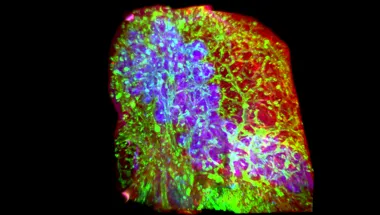
From Developmental Biology to Regenerative Medicine
Understanding organ development and tissue regeneration provides a framework for elucidating disease mechanisms as well as for developing new therapeutics.
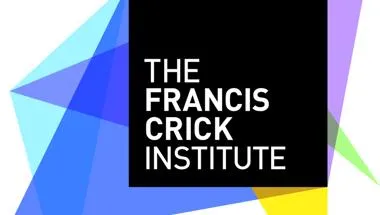
The Francis Crick Institute
King’s is delighted to be a founding academic partner alongside UCL and Imperial College in the Francis Crick Institute, joining the multidisciplinary research expertise from all the Partners together to deliver world-leading biomedical research.
News
Brain cells reprogrammed into neurons breaks new ground in regenerative medicine
Researchers have successfully demonstrated how astroglia – cells that support the functioning of the brain – can be reprogrammed into cells resembling...

Professor Benedikt Berninger delivers inaugural lecture "The Art of Forging Neurons"
On 15 July 2024, Professor Berninger delivered his inaugural lecture as a Professor of Developmental Neurobiology at IoPPN.

Dr Nicolás Marichal receives Emerging Leadership Fellowship Award from Epilepsy Research Institute UK
The grant supports the project "Reprogramming of reactive glia into fast-spiking interneurons in a mouse model of Mesial Temporal Lobe Epilepsy"

Key protein responsible for controlling production of new neurons for memory and learning in the adult brain identified
Scientists reported the crucial role of transcriptional co-activator Yap1 in regulating adult hippocampal neurogenesis and its potential involvement in brain...
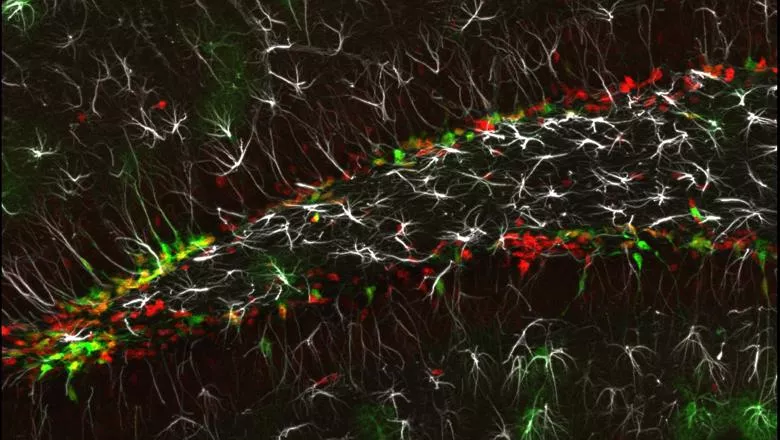
Reprogramming glial cells into neurons reduces the rate of epileptic seizures in mice
A new study has found that cellular reprogramming can help to reduce reduce epileptic seizures in mice.
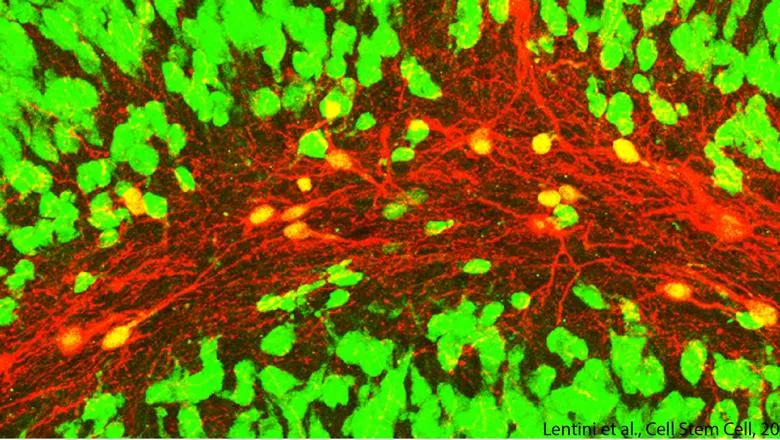
IoPPN researcher wins £1.8m ERC grant to study engineered neurogenesis for brain repair
King’s academic, Professor Benedikt Berninger, has been awarded a prestigious Advanced Grant by the European Research Council (ERC).
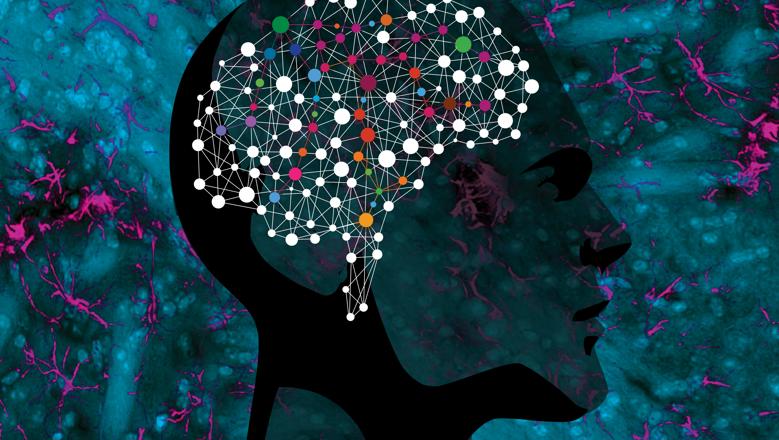
Features
IoPPN Inaugural Lectures: 2024-2025
Inaugural lectures are given by newly arrived or promoted professors, who use the opportunity to introduce themselves, to present an overview of their own...

Research

From Developmental Biology to Regenerative Medicine
Understanding organ development and tissue regeneration provides a framework for elucidating disease mechanisms as well as for developing new therapeutics.

The Francis Crick Institute
King’s is delighted to be a founding academic partner alongside UCL and Imperial College in the Francis Crick Institute, joining the multidisciplinary research expertise from all the Partners together to deliver world-leading biomedical research.
News
Brain cells reprogrammed into neurons breaks new ground in regenerative medicine
Researchers have successfully demonstrated how astroglia – cells that support the functioning of the brain – can be reprogrammed into cells resembling...

Professor Benedikt Berninger delivers inaugural lecture "The Art of Forging Neurons"
On 15 July 2024, Professor Berninger delivered his inaugural lecture as a Professor of Developmental Neurobiology at IoPPN.

Dr Nicolás Marichal receives Emerging Leadership Fellowship Award from Epilepsy Research Institute UK
The grant supports the project "Reprogramming of reactive glia into fast-spiking interneurons in a mouse model of Mesial Temporal Lobe Epilepsy"

Key protein responsible for controlling production of new neurons for memory and learning in the adult brain identified
Scientists reported the crucial role of transcriptional co-activator Yap1 in regulating adult hippocampal neurogenesis and its potential involvement in brain...

Reprogramming glial cells into neurons reduces the rate of epileptic seizures in mice
A new study has found that cellular reprogramming can help to reduce reduce epileptic seizures in mice.

IoPPN researcher wins £1.8m ERC grant to study engineered neurogenesis for brain repair
King’s academic, Professor Benedikt Berninger, has been awarded a prestigious Advanced Grant by the European Research Council (ERC).

Features
IoPPN Inaugural Lectures: 2024-2025
Inaugural lectures are given by newly arrived or promoted professors, who use the opportunity to introduce themselves, to present an overview of their own...

